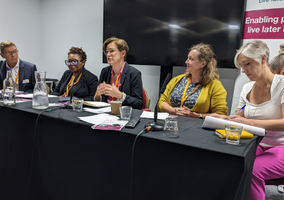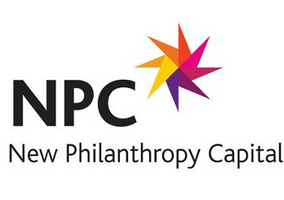Welcome to Charity Finance Week, our annual chance to champion the work of finance professionals working in charities and to highlight best practice.
The theme for the week is “doing more with less” – a concept many charities will be familiar with.
A lot of charities have always been run on tight resources and have managed to deliver incredible impact. Yet, many would argue that things have got worse in recent years.
Despite starting to fall in recent months, the return of high levels of inflation has had serious implications for charities’ finances.
Charities are facing increased costs and a drop in the real value of their funds at the same time as increased demand for their services.
These increased costs include higher energy bills – with some charities reporting eye-watering increases to energy costs.
On top of this, they have had to help their staff manage the cost-of-living crisis, which has led to understandable demands for higher wages.
Hot on the heels of Covid
But it is not just the current economic climate that has contributed to the situation that charities find themselves in.
It comes hot on the heels of the Covid-19 pandemic and the measures introduced to try and limit the spread of the virus.
While the furlough scheme allowed many organisations to effectively hibernate, the pandemic still had widespread implications and some charities have not yet fully recovered.
At the same time, for those that generate income from local government contracts, the years of austerity had already slashed many budgets – and now local governments are also exposed to increased costs due to the inflationary pressures.
Permacrisis
Earlier this year, think tank NPC produced a guide which urged trustees to adapt to the age of “permacrisis”.
“If an organisation works in ‘crisis response mode’ for too long, staff are likely to get burned out and leave,” the guide said.
It added that trustees need to recognise that change is constant and they should not be holding out for a return to “normal”.
It could be argued that finance teams need to make the same mindset change.
After all, they will play a major role in ensuring their charity is fit for the future and ready to respond to changing economic circumstances.
Tristan Blythe is editor of Charity Finance
Related articles











